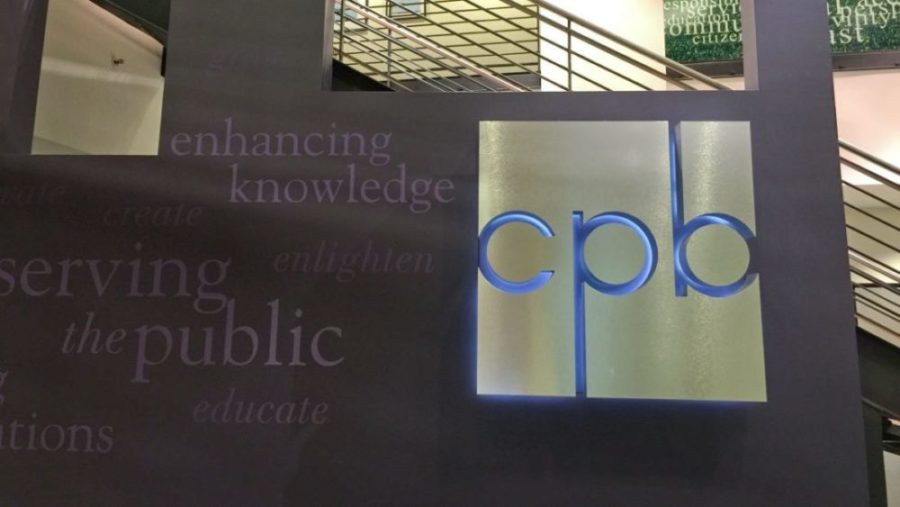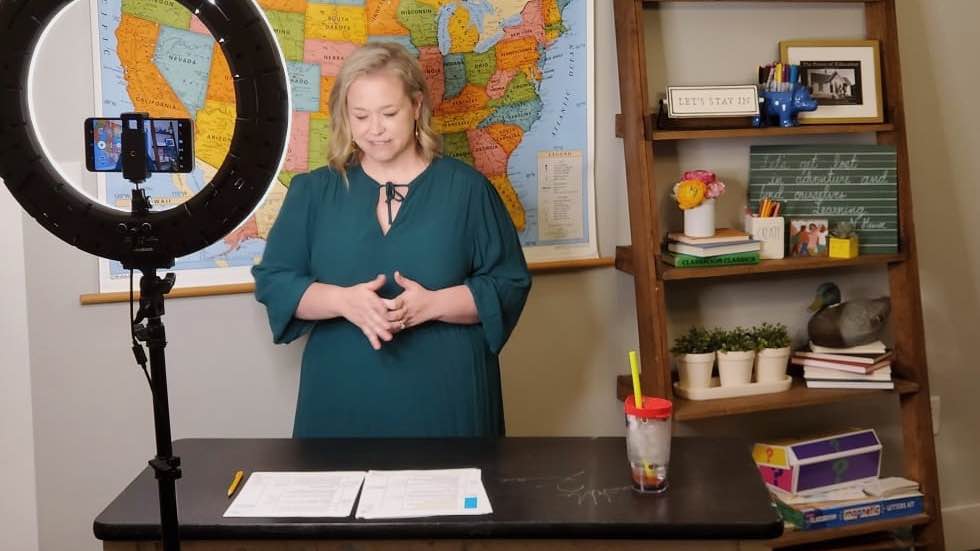CPB unveils plan to split $75 million in coronavirus relief funds between public TV and radio

Dru Sefton / Current
CPB’s board of directors unanimously approved a plan to divide the corporation’s $75 million in federal emergency relief funds between public television and radio stations.
In a memo sent to GMs Thursday, CPB President Pat Harrison reported that federal funds will be evenly split into two pools of $37.5 million each for television and radio. Each pool will provide additional funds to stations that meet CPB’s criteria as small and rural stations.
The 158 public TV stations in its Community Service Grant program will receive $200,000 in stimulus funds, according to the memo. Those that qualify as small or rural stations will receive an additional $60,204.
Each of CPB’s 398 public radio grantees will receive at least $75,000. For the 206 grantees categorized as small or rural, the grants will be $112,136.
CPB released a list of funding amounts for all stations.
CPB uses a station’s total annual revenues or the size of the population within its service area to classify a station as small, rural and minority, according to footnotes in Harrison’s memo.
The 50/50 split of stimulus funds between television and radio is a departure for CPB. For its annual federal appropriation, 75% of funds allocated for station and programming grants are directed to public television; 25% go to radio.
CPB has not yet received stimulus funds from the U.S. Treasury Department, Harrison said in the memo. The Office of Management and Budget told CPB officials that they are working to process the funds, she said.
After the stimulus funds come through, CPB will distribute the grants in a single payment “in accordance with grantees’ payment method on record in CPB’s Integrated Station Information System.”
“The distribution plan was a consensus recommendation of the Advisory Group of public radio and television system representatives convened by CPB,” Harrison said in the memo, adding that the advisory group followed “congressional intent on ensuring the preservation of small or rural stations” and that “the funding approach would be simple in its construct” and “easy to explain to interested audiences.”
CPB convened “a series of fast-paced, rigorous meetings” between April 2 and April 13, Harrison said, leading up to the board’s unanimous approval.
Harrison also explained CPB’s decision to split the stimulus funds evenly.
“The stabilization funding is being provided to address an emergent situation,” Harrison wrote. “It is not subject to CPB’s statutory funding allocations. The decision to split the stabilization funding equally between television and radio grantees was made in view of this period of extraordinary economic hardship and is limited to the distribution of the funds provided under the [Coronavirus Aid, Relief, and Economic Security] Act. It was based, as mentioned above, on a comparison of current revenues and costs of the public radio and television systems.”
The $2.2 trillion relief bill was signed by President Trump March 27. At the time, Harrison commended Congress’ approval of the funding in a statement.
On Friday, Harrison said that public media is providing important resources to local communities as the nation deals with the coronavirus pandemic.
“Public media stations in every state are working through extraordinary circumstances to be of service to America’s communities hard hit by the COVID-19 pandemic,” Harrison said in a statement. “Local stations are providing vital health and safety information, while at the same time working to deliver curriculum-based educational programming to homebound students, despite the challenge of declining non-federal revenue. I want to express our grateful appreciation to Congress for their strong, bipartisan support of public media, and to thank as well the advisory group that worked so quickly and thoughtfully to develop a plan for the distribution of these much needed funds in an equitable manner and in a way that honors Congress’ intent.”
This story has been updated with a revised statement from CPB’s Pat Harrison after press time.






